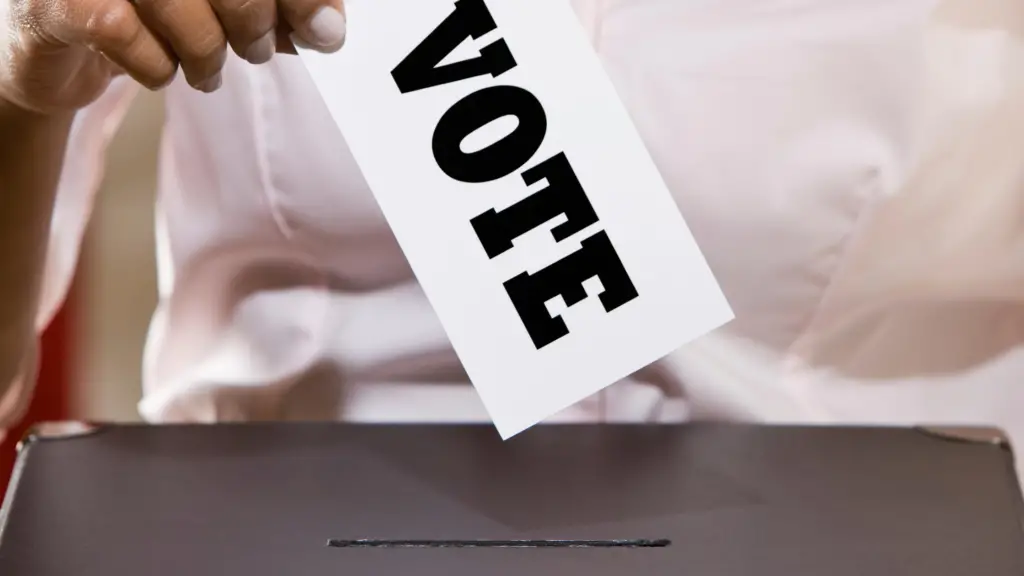
With another important election around the corner, it always helps to keep the larger picture in mind and to understand the role of elections in democracies.
Elections are important events for indirect democracies because they are the primary way citizens determine the direction of their government. Through the act of voting, citizens choose which candidates best represent their opinions and views on how the government should run.
In modern democracies, elections are important to hold public officials accountable. Elections allow citizens to express their support or opposition to the current government and determine the mandate for the next officeholders.
Below we look at what elections tell us about democracy and whether elections are a necessary part of democracy.
Elections: “The Barometer of Democracy”
Elections are often described as the “barometer of democracy” because the results reveal public opinion through the winning candidate or party. How free and fair the elections are also reveals a government’s commitment to democratic ideals.
The process of elections also stirs public discussions on important issues of the time. Through campaigns, political debates, and general civic activity, citizens tend to engage more deeply in political conversations during election seasons. This also allows candidates and political parties to adjust their platforms based on changing public opinion.
Are Election Campaigns Necessary for Democracy?
Elections make a lot of sense of paper, but we also know they can get pretty ugly sometimes. Voting and the campaign trial have always been divisive affairs and, at times, even dangerous. So, people often wonder – are elections necessary in a democracy?
In short, elections are not necessary for a democracy. Some democratic systems use sortition instead of elections. Sortition is the process of selecting representatives from a pool of candidates; some countries such as the U.S. use this process to select jury duty candidates.
Sortition can be held like a lottery in which eligible adults present themselves as candidates and those randomly selected represent their locality for a specified period. Unlike in an election-based system, those selected are not beholden to campaign donors nor do they need to stoke political division in order to build support. This leads some to argue that sortition may create more cohesive societies.
This system was used in ancient Athens and was initially conceived as the primary tool of achieving fairness in a democracy. Sortition was seen as a way to avoid elections and the corruption they tend to produce. A few positions such as financial offices and military posts were selected by voting, but the main decision-making body was chosen by sortition. So, not only is democracy possible without elections, it was originally conceived of deliberately avoiding elections.
